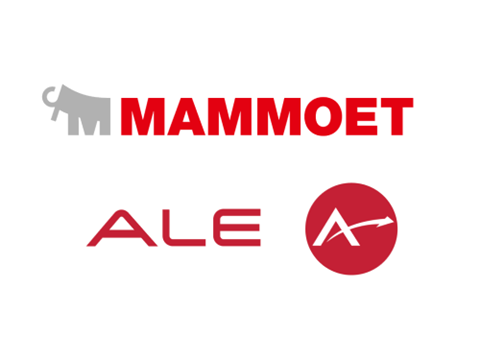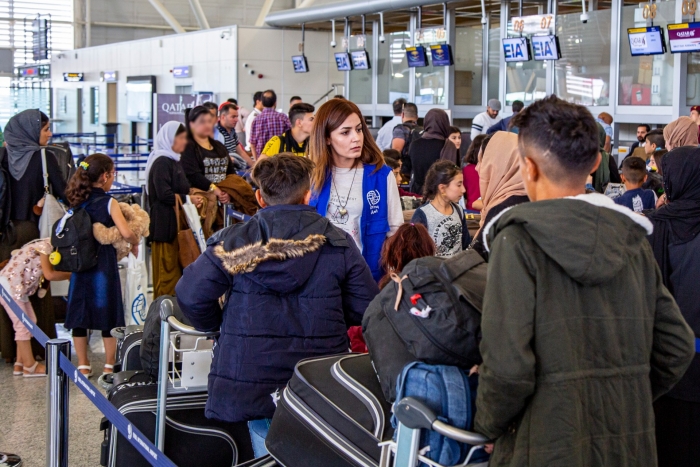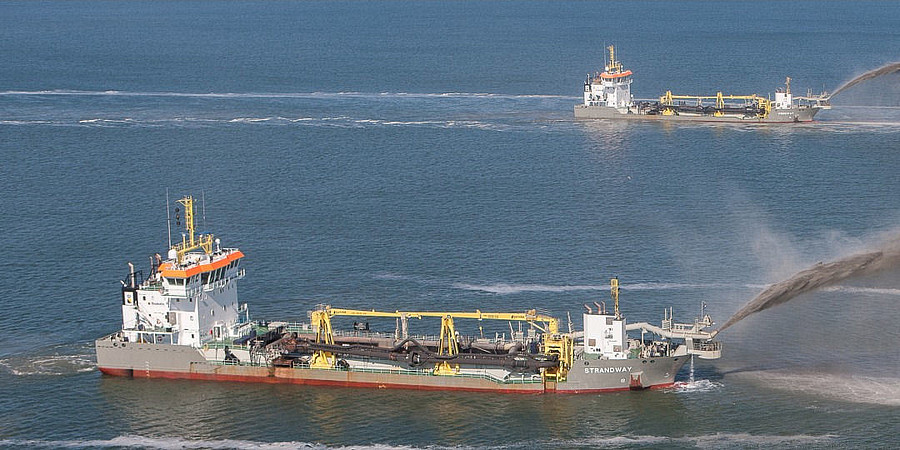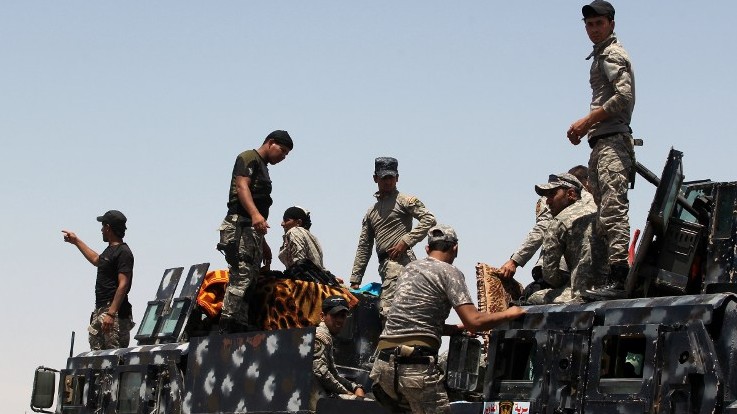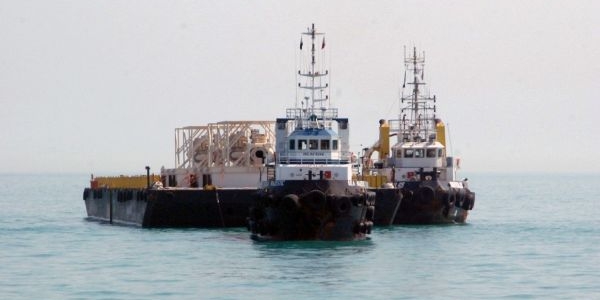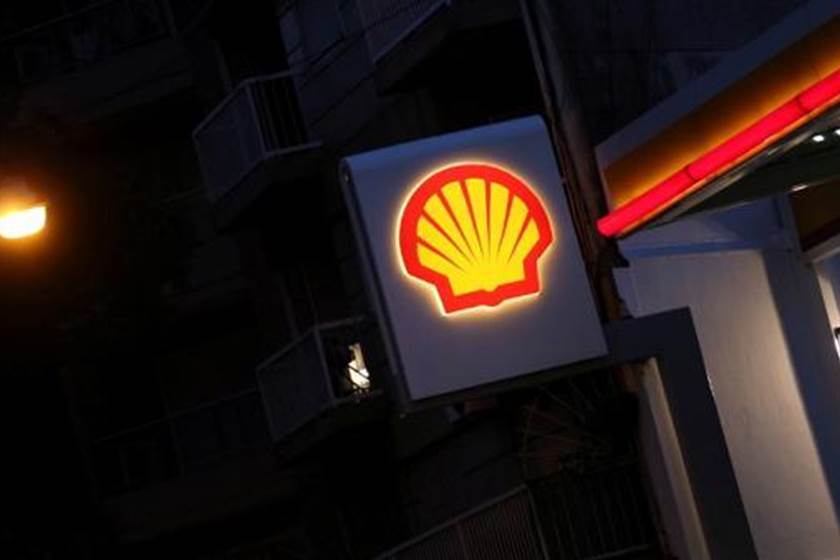From the International Labour Organization (ILO). Re-published with permission by Iraq Business News.
Young female entrepreneur strives to transform the medical sector in the Kurdistan Region of Iraq
Twenty-five-year-old Nasreen Hassan has been working for years on a business idea that will help hospitals and medical centres in the Kurdistan Region of Iraq improve and maintain their medical equipment.
Having witnessed years of conflict, Nasreen says that she wants to do her part in saving and improving the lives of women, men and children, especially in light of the current worldwide pandemic. “The number of weapons and rockets outnumber medical equipment,” said Nasreen. “And I want to correct this.”
“Just think about what will make the world better, not only for you, but for everyone around you,” said Nasreen. “For me, I want to produce, install and provide maintenance for medical machinery locally. This will help create jobs for young people and open new opportunities for many.”
“But most importantly, it will save and improve lives.”
Unable to pursue a degree in medical engineering, the IT graduate recently joined the ILO’s Start Your Business (SYB) training programme in Iraq, aimed at giving her the knowledge and tools needed to set up her business.
Start Your Business is part of the wider Start and Improve Your Business (SIYB) training package designed to respond to the progressive stages of business development. The training in Iraq aims to support young refugees, internally displaced people, and vulnerable host community members who are interested in setting up their own small businesses or improving existing ones.

Nasreen and 140 other potential entrepreneurs joined a six-day intensive training in Dohuk in July 2021, that centred on nine courses designed to enhance their readiness to start a business, prepare their business plan and evaluate its viability .
“The most beneficial part of the training was the business plan, even though I already had some knowledge on the subject, but not in such detail or depth,” said Nasreen. “From the first day of the training with the ILO, I have been working on my business plan, one step at a time. I have been revising it and adding new ideas on the way, because the more we moved forward with the training, the more our ideas expanded, reflecting the reality more and more.”
The training is part of efforts being implemented by the ILO under the “Partnership for improving prospects for forcibly displaced persons and host communities,” also known as PROSPECTS , a multi-agency programme supported by the Government of the Netherlands.
For the ILO one of the key areas of focus of PROSPECTS in Iraq is to support youth to transition from learning and skills development to decent work, through a range of wage employment and self-employment interventions, in collaboration with other PROSPECTS partners, including UNICEF.
This includes training trainers from different organizations on ILO’s training package, including banks and microfinance institutions, trainers from UNICEF-supported youth centres, and local NGOs supporting Small and Medium Enterprises. It also involves referring youth (including Nasreen who recently received life skills training through ACTED at a UNICEF-supported youth centre) to the ILO for further support.
The programme will also link some of the trained youth with access to affordable financial services, to help them start up their businesses and establish a decent livelihood. This is part of an initiative implemented in partnership with the Central Bank of Iraq that was launched in March 2021.
For Nasreen, there are many hurdles to overcome and training opportunities to pursue. Yet despite the long journey ahead, she is determined to see her business plan come to life.
“I need financial support and I need more training, which will help me reach a stage where I have the technical know-how on establishing my business, even if it takes twenty years,” said Nasreen. “I would like to say to other young people in my position that they should also pursue their goals; whether in terms of studying or employment. Don’t let anything get in your way.”
PROSPECTS is a strategic four-year global partnership that supports host communities and displaced populations in eight countries across East and North Africa and the Arab States and which also includes the International Finance Corporation (IFC), the World Bank (WB) and the United Nations High Commissioner for Refugees (UNHCR).
The post Young Female Entrepreneur strives to Transform Medical Sector first appeared on Iraq Business News.

